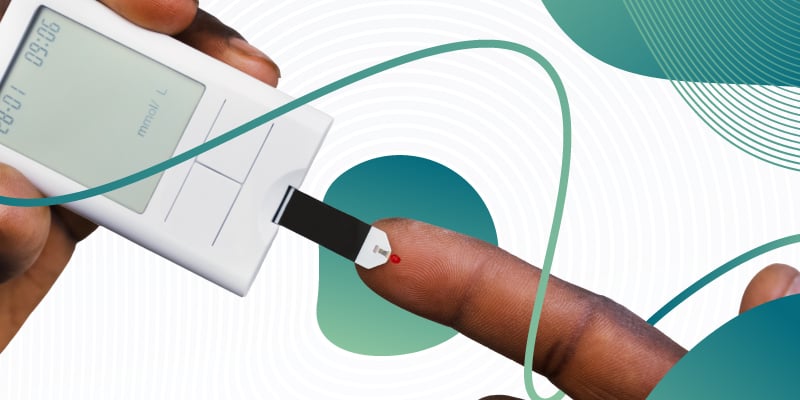One million teenagers report suicide attempts and 1 in 5 teenagers considers suicide every year in the United States. Suicide is the 3rd leading cause of death among adolescents ages 10-19 years of age. Because suicidal youths are more likely to confide in peers than adults, peer support is a critical piece of any mental health intervention for this age group. Social support has also been shown to directly impact mental health. Social media networks are a common source of communication and social support for teens, and therefore a potential place for mental health initiatives. A new study from the Colorado School of Public Health described the results of a peer advocate mental health digital intervention program pilot study for Ohio youth initiated by the Ohio Department of Mental Health and Addiction Services and the Motivational Educational Entertainment Productions Inc team.
The intervention program in this study consisted of an online training for 65 youths aged 14-22 who volunteered to participate. The training consisted of educational videos, online modules, homework assignments and an in-person training session. The goal of the training was for the youths to become peer advocates who facilitate mental health in their social networks. Fifty-four of the volunteers completed surveys for the study. A majority of the study participants were non-Hispanic White females. The researchers found that engagement of the volunteers gradually declined over the course of the program.
Public health impact
Overall, the researchers observed an increase in self-reported referrals for mental health services. The perception that youth had of experiencing social support also increased after the training program. This could indicate positive potential for the effectiveness of this type of program. The researchers did not observe significant changes in other areas such as self-efficacy (youths’ ability to success in different situations), knowledge (youths’ understanding of self-care and mental health), sources of strength (measure of peer social network support), or intentions (youth’s indicator of planned goals), but noted that the small sample size of this pilot study could be a factor in these areas.






